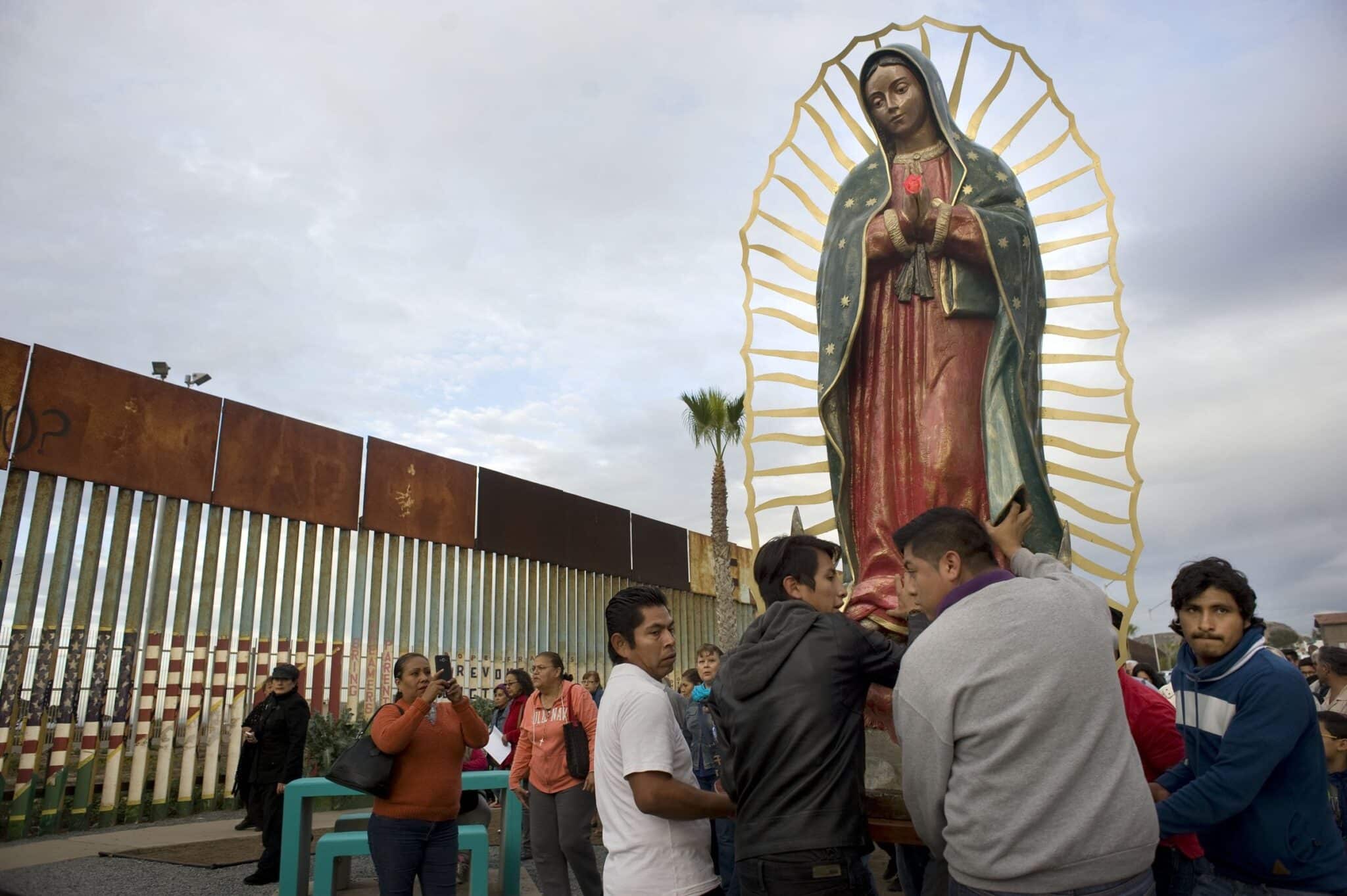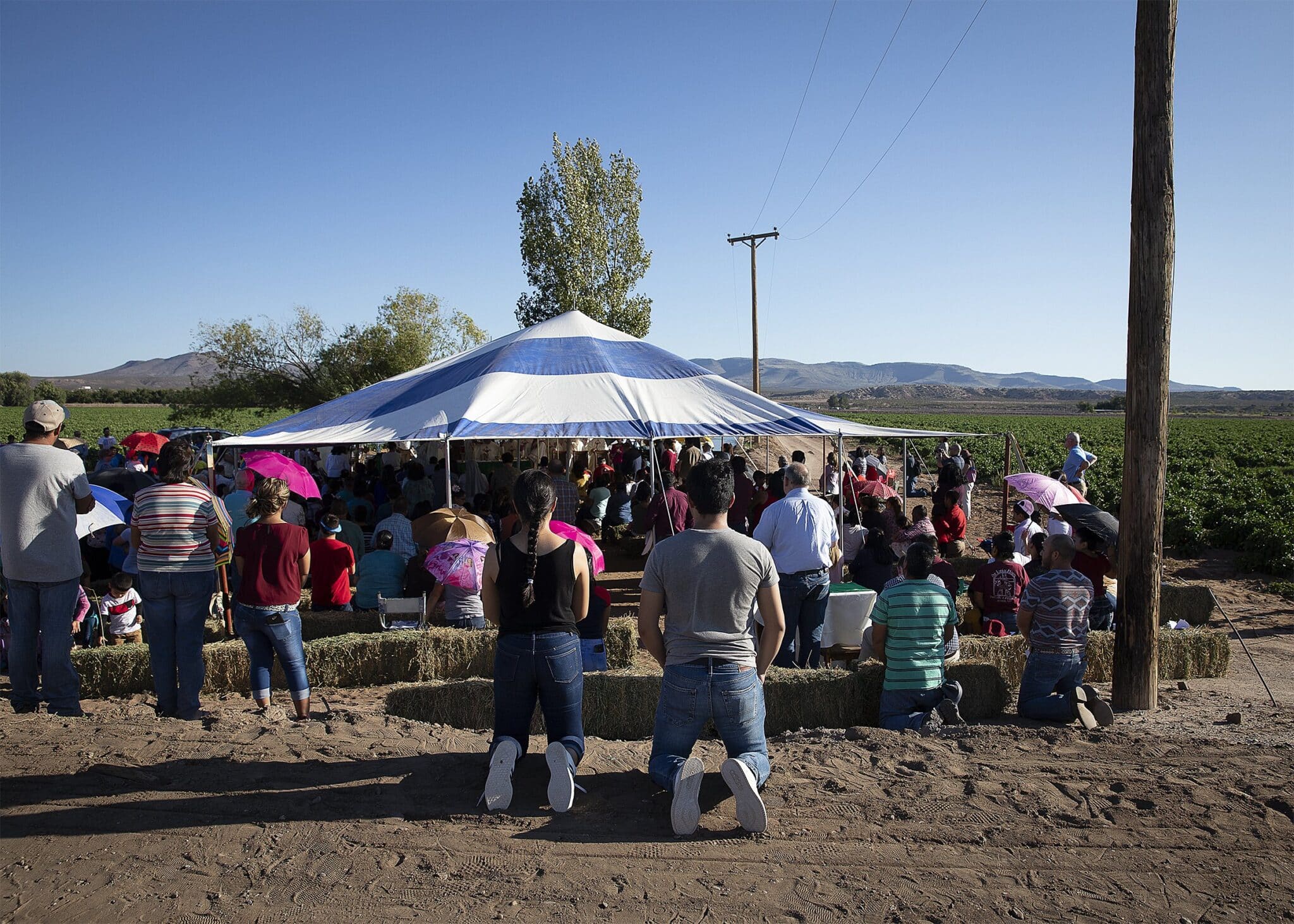The pastor at my parish will not accept any kind of prenuptial agreement when couples are planning to marry. He says that any such agreement shows that there is a complete lack of trust between the future husband and wife. Of course, complete trust for each other is required in marriage. Please clarify what the church teaches about prenuptial agreements and why.
The Catholic Church does not automatically reject all prenuptial agreements. For example, if the man and woman had previously been married, their spouses had died, if each person already had children and if the woman and man wanted to settle inheritance issues for those children, a prenuptial agreement might be perfectly acceptable to the church, as long as it reflects assurances given during the marriage ceremony.
Prenuptial agreements, of course, must observe applicable civil laws and should be drawn up by a licensed professional, usually a lawyer.
Before the bride and groom exchange their consent, the Catholic Church, through its official representative, asks them three questions: “Have you come here freely and without reservation to give yourselves to each other in marriage? Will you love and honor each other as man and wife for the rest of your lives? Will you accept children lovingly from God and bring them up according to the law of Christ and his church?” The Rite of Marriage states that the third question “may be omitted if, for example, the couple isadvanced in years.” Each person answers each question separately.
If the wedding is celebrated, with permission, in another church or in a public place and does not use the Catholic Church’s Rite of Marriage, the Catholic Church has already asked these questions in its marriage planning programs and the bride and groom have signed their consent.
Because of that, the Catholic Church regards any prenuptial agreement that contradicts one of those elements as invalidating this marriage as a sacramental one. For example, the Catholic Church would not recognize any prenuptial agreement that specified that this commitment was not exclusive, lifelong or open to children.
Perhaps your pastor was not thinking of the inheritance example that I gave above. He can best clarify what he meant.
Ask a Franciscan appears monthly in St. Anthony Messenger. Click here to learn more!








